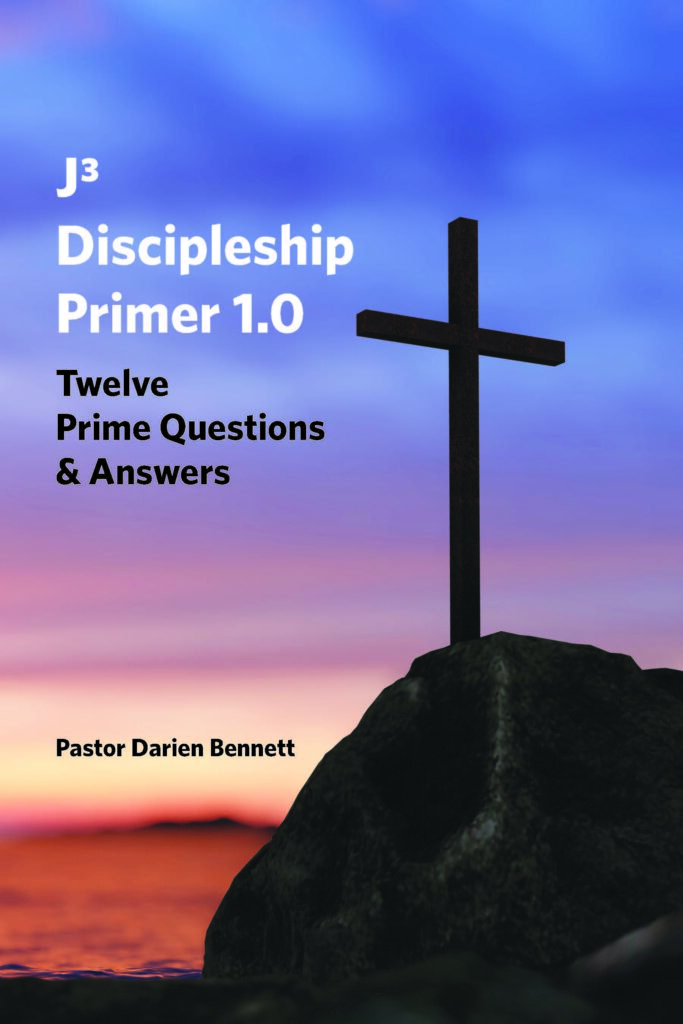The answer is NO. Several years ago, I attempted to answer the above question that was sent to me in an email. I replied with three primary reasons that affirm a negative conclusion. Recently, I received the same basic question from a follower in the great state of Idaho. My answer this time reflects some additional thoughts that I have acquired from my studies with guidance from the Institute for Creation Research which are too good to ignore! See my footnote at the bottom of page for the full response if you desire to go deeper.[1]
Let me share five of them with you in a summary format:
[1] 5 Reasons to Believe in Recent Creation, Henry M. Morris III, D.Min., 2008.

Subscribe to our newsletter to stay up to date on our programs and community, and receive your FREE J3 Discipleship Primer!

Watch your email for your FREE J3 Primer as well as future emails about upcoming Events and Changes from Men Coaching Men!